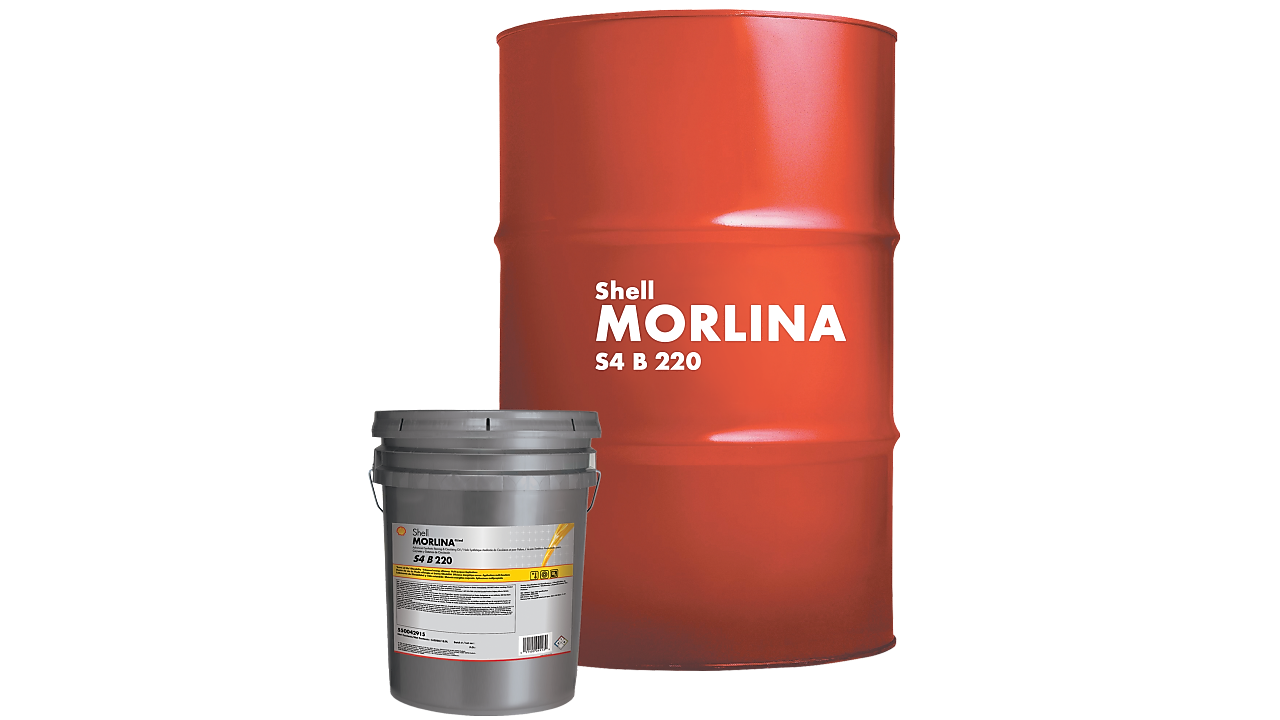
Gas To Liquids
Our gas-to-liquids technology turns natural gas into high-quality liquid fuels, base oils for lubricants, and other liquid products usually made from oil. It is founded on more than 45 years of research, development and commercial experience.
What is GTL?
The story of Gas-to-Liquids (GTL) began back in the 1920’s with German scientists Franz Fischer and Hans Tropsch inventing and patenting the Fischer-Tropsch process, which used a collection of chemical reactions to convert a mixture of carbon monoxide and hydrogen into liquid hydrocarbons and became the basis for Gas-to-Liquids (GTL) processes.
Today, GTL is the integrated process of the manufacture of synthesis gas (syngas) from natural gas, the subsequent conversion of the syngas into hydrocarbons via the Fischer-Tropsch (FT) reaction, followed by liquid processing that typically consists of hydroprocessing reactors and distillation columns to generate the final products with the targeted properties.
Meanwhile, GTL remains technologically complex and relies heavily on catalyst and processing expertise and proves highly capital intensive.
Shell’s journey with GTL started back in 1973 at Shell labs in Amsterdam, where its R&D team started exploring the GTL process and developed catalysts that were able to produce a few grams per day of hydrocarbon liquid from gas. By 1983, Shell had performed testing of end-to-end synthesis setup and operational conditions and were able to produce a few barrels/day of product with the pilot plant in Amsterdam. Shell opened its first commercial GTL plant in Bintulu, Malaysia in 1993, with a capacity of 14,700 bbl/d.
In 2011, Shell commissioned the Pearl GTL plant in Qatar with JV partner Qatar Petroleum, to produce 140,000 bbl/d of a wide range of high-quality hydrocarbon products, ranging from chemical feedstock to fuel, wax and base oil. The GTL base oil manufactured at Pearl is shipped to the three main global hubs in Houston, Hamburg and Hong Kong. That base oil is then distributed to Shell lubricant blending plants in the various regions for manufacturing of finished lubricants.
The benefits of GTL base oils
GTL base oils are superior to crude derived base oils and contain virtually none of the impurities such as sulfur and nitrogen that are commonly found in crude oil derived products. GTL products are typically colorless, odorless, and extremely low in aromatics, while also having a lower density and outstanding thermal properties when compared to crude oil derived counterparts. That makes GTL products highly desirable for many applications.
GTL base oils are excellent quality API Group III base oils, with viscosity index, volatility, oxidative stability, low temperature performance, surface property (such as foaming and air release), and friction characteristics similar to commercial Polyalphaolefin Base Oils (PAOs), and are considerably better than mineral derived base oils.
GTL base oils offer a competitive edge over alternatives and are ideal for formulating high performance, premium lubricants including engine oils, industrial lubes (turbine oils, hydraulics, bearing & circulating oils, etc.), transmission fluids, transformer oils, process oils, greases, and other specialty applications.
The superior characteristics of GTL derived lubricants offer advantages such as:
- Long service life
- Suitable for extreme temperature conditions
- Lower viscosity for energy efficiency, balanced with excellent wear protection
- Meet or exceed latest industry service categories (e.g. API, ACEA, etc.) as well as many highly demanding OEM specifications
Sustainability: Energy efficiency and long service life helps to reduce CO2 footprint
Shell continues to invest heavily in GTL research and development to enhance process efficiency & flexibility, as well as to produce new products to meet the future challenges of the energy transition for sustainable growth.
Conclusion
End users evaluating turbine oils should consider numerous performance factors when making a choice. Those factors include product availability, product performance, service, available oil condition monitoring and the total cost of ownership.
Shell Turbo S4 X and GX products are formulated with GTL base stocks. These products are designed to provide extended oxidation life and excellent thermal stability. This helps to eliminate varnish and maximize the end users’ total cost of ownership. This is accomplished by formulating the product in such a way as to minimize the formation of any varnish precursors during operation and by preventing the deposition of any of these precursors onto the surfaces of an operating turbine. Shell’s GTL base oil formulations offer faster air release, which limits foaming, and improved water separation, helping to extend the life of the oil.



